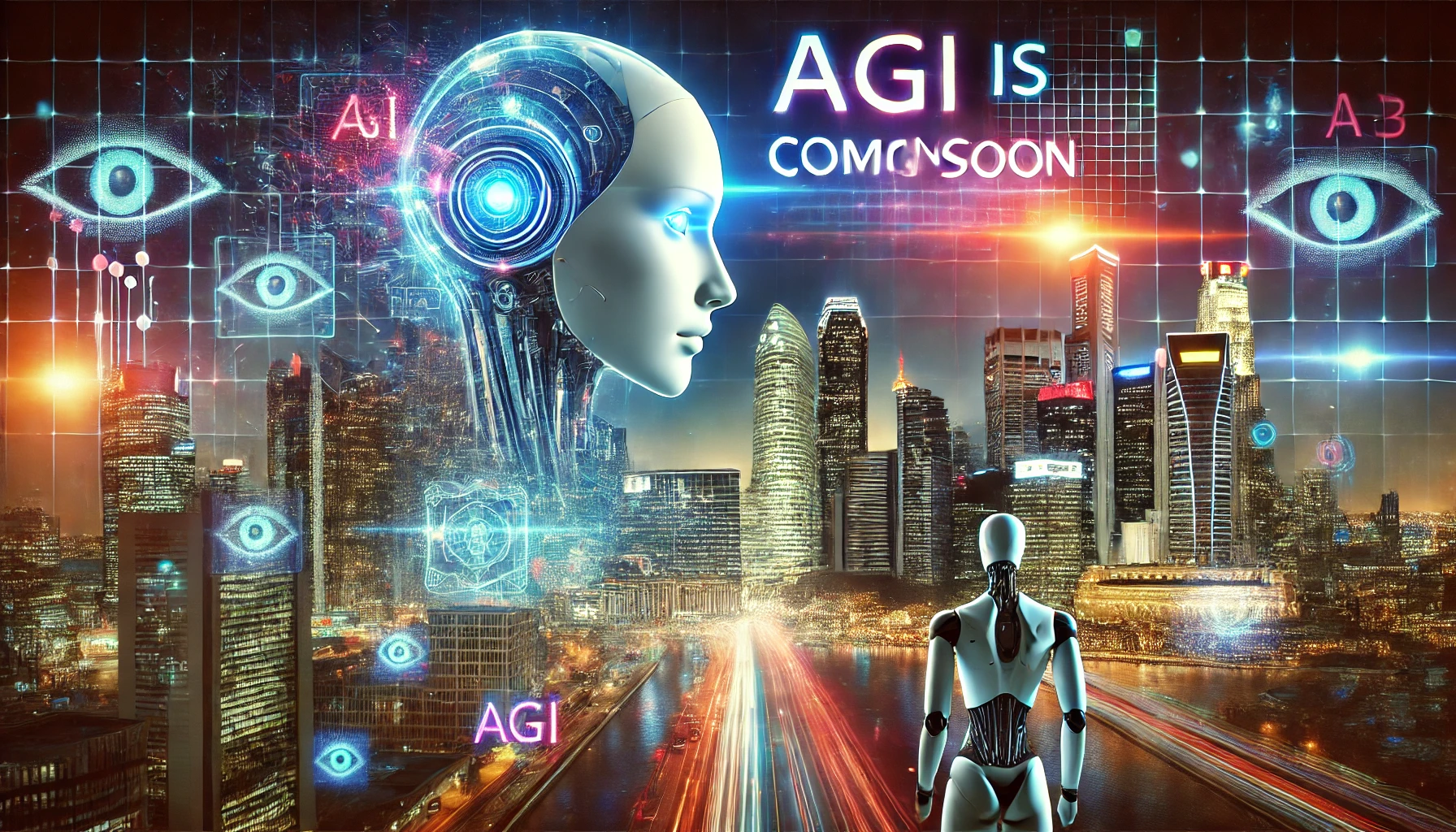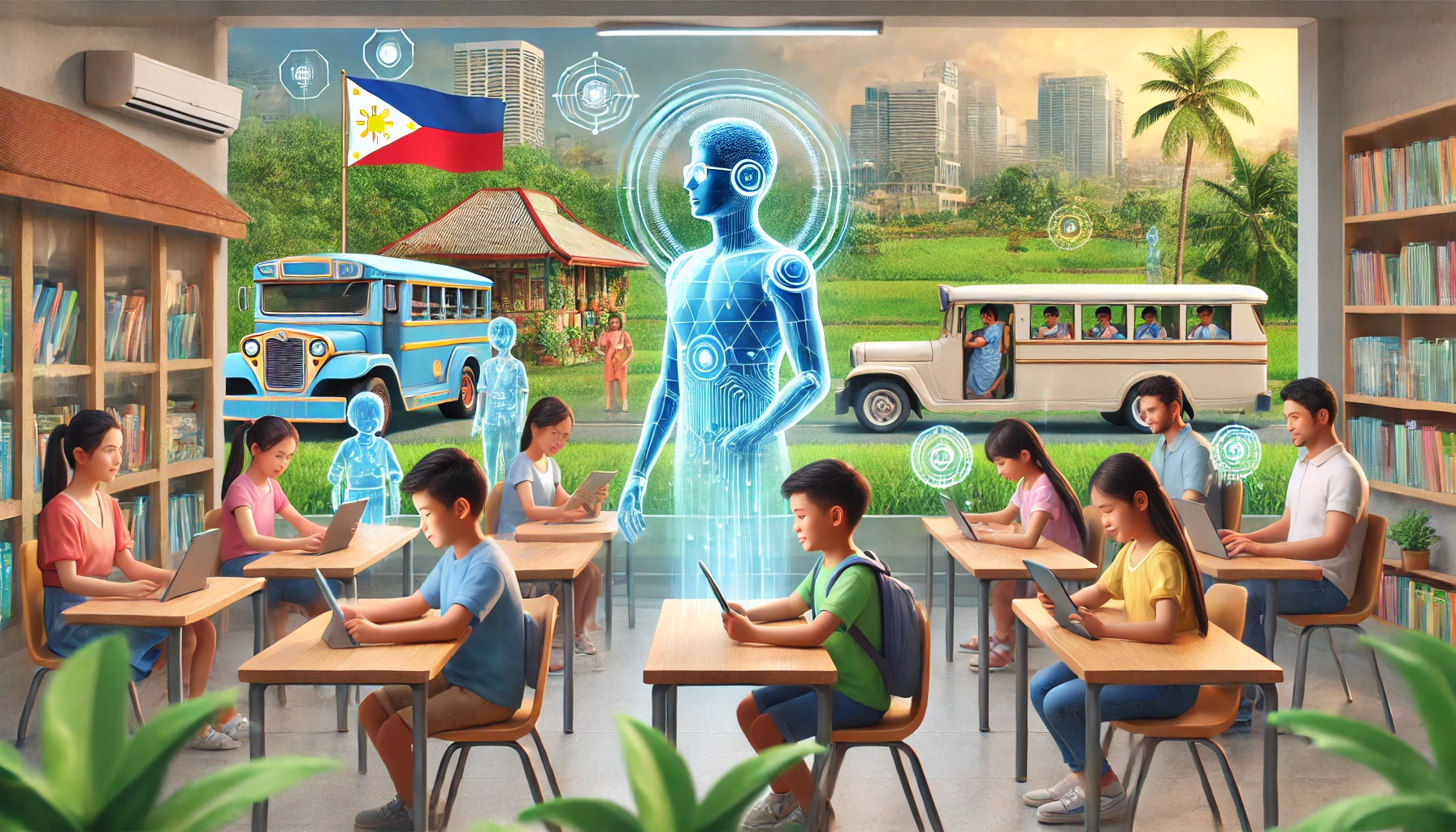The Philippines, a rapidly urbanizing nation, faces significant challenges in housing and urban development. With a growing population, housing shortages, inadequate infrastructure, and urban congestion have become pressing issues. Emerging technologies, particularly Artificial General Intelligence (AGI), hold the potential to transform these challenges into opportunities for sustainable growth and inclusive development.
Understanding AGI and Its Potential
AGI refers to highly advanced AI systems that can perform any intellectual task a human can, adapting to new challenges and learning without pre-programmed instructions. Unlike narrow AI, AGI offers the capability to understand, reason, and act on a broad range of tasks, making it a powerful tool for complex, interconnected issues like housing and urban development.
1. Data-Driven Urban Planning
AGI can process vast amounts of data from satellite imagery, sensors, and public records to identify patterns and insights. By analyzing land use, population density, traffic patterns, and environmental factors, AGI can assist urban planners in:
- Optimizing land allocation for residential, commercial, and green spaces.
- Predicting future growth to design scalable infrastructure.
- Addressing disaster resilience, particularly in flood-prone and earthquake-prone areas.
For example, AGI-powered models can help design urban layouts that minimize commuting time and reduce congestion in Metro Manila.
2. Affordable and Sustainable Housing
The housing shortage in the Philippines affects millions, particularly in low-income communities. AGI can address this by:
- Designing cost-effective housing solutions that use local and sustainable materials.
- Simulating energy-efficient structures, reducing long-term costs for homeowners.
- Optimizing construction logistics to minimize waste and delays.
AGI could also facilitate modular and 3D-printed housing technologies, enabling quicker construction of affordable homes for underserved populations.
3. Enhanced Public Services
Urban areas in the Philippines often suffer from poor access to essential services like water, electricity, waste management, and transportation. AGI can:
- Optimize utility distribution networks to ensure equitable access.
- Streamline waste management systems, improving sanitation and reducing pollution.
- Enhance public transportation by managing real-time data to create efficient routes and schedules, reducing traffic congestion.
For instance, AGI could analyze transportation data to enhance the efficiency of jeepney routes or improve connectivity in rural areas.
4. Disaster Preparedness and Risk Reduction
The Philippines is highly vulnerable to natural disasters such as typhoons, earthquakes, and volcanic eruptions. AGI can revolutionize disaster preparedness by:
- Predicting risks through real-time data analysis of weather patterns and seismic activity.
- Optimizing evacuation plans, reducing casualties during emergencies.
- Developing resilient infrastructure that can withstand extreme conditions.
AGI could provide hyper-localized weather forecasts, helping communities prepare for and mitigate disaster impacts more effectively.
5. Inclusive Community Development
AGI can help ensure that urban development benefits all Filipinos by:
- Involving local communities in the planning process through participatory platforms.
- Identifying marginalized areas for targeted development.
- Promoting social equity, balancing economic growth with the needs of underserved populations.
Smart city projects powered by AGI can ensure that urban development includes affordable housing, accessible transportation, and quality public spaces for all.
Challenges and Ethical Considerations
While the potential benefits are enormous, integrating AGI into housing and urban development in the Philippines comes with challenges:
- Data Privacy: Ensuring that personal and community data is protected.
- Cost of Implementation: Making AGI solutions affordable and scalable for local governments.
- Ethical Governance: Avoiding biases in AGI systems that could marginalize vulnerable communities.
Policymakers, developers, and AI experts must collaborate to address these issues, ensuring that AGI-driven solutions are equitable and ethical.
A Vision for the Future
The Philippines stands at a crossroads where innovation and necessity meet. AGI offers a powerful tool to address housing and urban challenges, creating smart, inclusive, and resilient cities. By embracing this transformative technology, the country can improve the quality of life for millions while paving the way for sustainable and equitable growth.
With AGI, the dream of modern, thriving urban communities in the Philippines is no longer a distant possibility but an achievable reality.
[SEO optimized]


